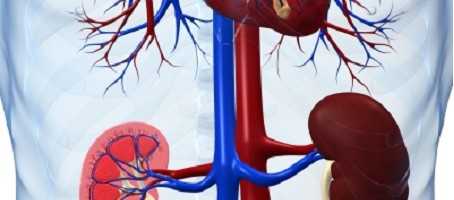Trials of a new two-part test to diagnose diabetes are to be carried out at Southampton General Hospital. The test, which would cost “pennies”, has the potential to change the way the condition is treated.
Currently, the only test to predict the risk of type 2 diabetes is a questionnaire containing seven questions. It gathers information of age, gender, waist circumference, body mass index, ethnic background, blood pressure, and family history. Based on this, it provides a risk score.
The new test, led by Dr. Patrick Sharp, consultant diabetologist at Southampton General Hospital, combines the questionnaire with a capillary blood glucose (finger prick) test in the same appointment, which may save money by reducing the need for further testing.
“NICE has recently proposed that all individuals over the age of 40 years and at risk groups over the age of 25 years are subject to a diabetes risk score via a questionnaire,” explained Dr Sharp.
“Unfortunately, around half of people require laboratory-based blood testing to find out if they have diabetes and this can delay the process, but is also time-consuming and expensive.”
Dr. Sharp explained that blood glucose testing is usually rejected as a method of diabetes diagnosis because results tend to fluctuate. Despite this, he argues that it could provide a useful screening test.
Incorporating blood glucose testing might make it possible to screen out more people as being at risk of diabetes. This would reduce the need for expensive laboratory tests.
The NHS spends around ten per cent of its budget managing diabetes, most of which, according to Dr. Sharp, is spent treating complications because the condition wasn’t picked up earlier.
What's new on the forum? ⭐️
Get our free newsletters
Stay up to date with the latest news, research and breakthroughs.







